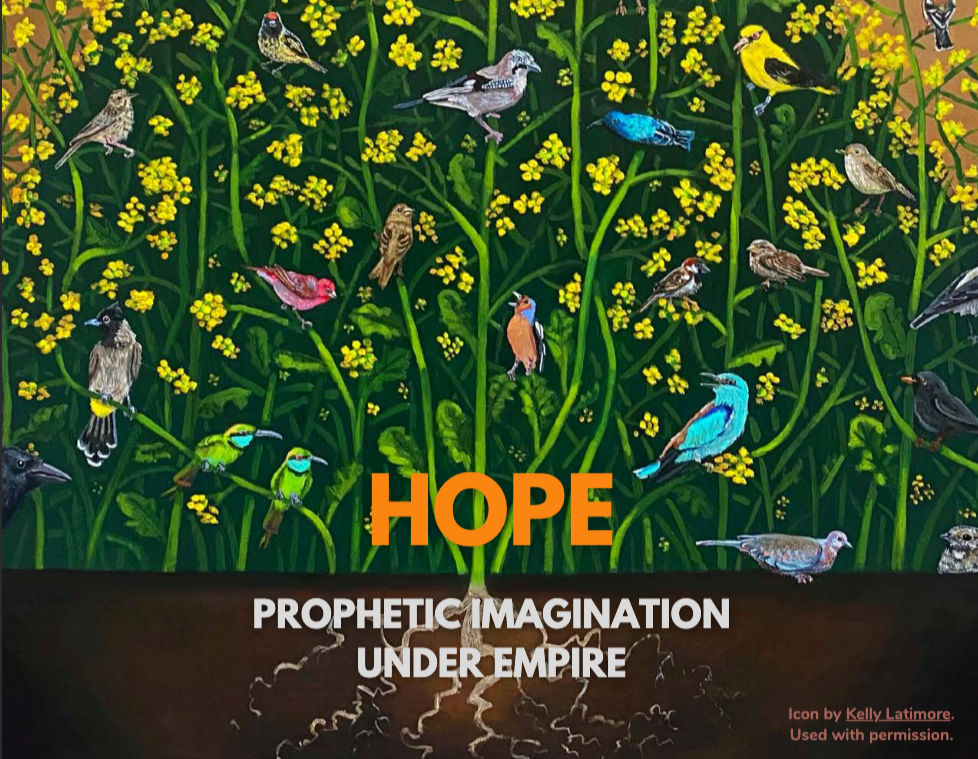Love Your Enemy: At the Heart of Christian Theology or Impossible Dream?
by Rick Love
My friend Jim Mullins loves to tell stories of his interaction with his friends in Turkey. When the topic turned to Jesus, he would often mention Jesus’ command to “love your enemy!” He did this because it highlights the uniqueness of Jesus and his teaching. His Turkish friends were deeply touched by Jesus’ teaching and would then ask, “Why don’t more Christians in America obey this?” Ultimately Jim returned to America to help the Church do just that through Peace Catalyst International as its VP of Strategic Initiatives.
Jesus’ teaching about loving our enemies is at once the most radical and the most ignored command in the Bible. Many Christians think this command reflects an unrealistic and idealistic standard, so they figure out ways to dodge it. I am embarrassed to say that I did not even mention it in my first book on peacemaking.
There is a striking parallel between being a peacemaker and loving one’s enemies in Scripture (probably because loving one’s enemy is one of the greatest demonstrations of peacemaking possible). Both peacemakers and those who love their enemies are described as “children of God” (Matthew 5:9, 44; Luke 6:35). They are called children of God because they are acting like their Father: the God of Peace (Philippians 4:9, 1 Thessalonians 5:23) who sent the Prince of Peace (Isaiah 9:6) to bring about a world of peace (Luke 2:14). God’s kids are peacemakers. God’s kids love their enemies.
Someone may say, “Come on, Rick, the command to love your enemy is too hard to obey. Let’s just love Jesus and share the gospel.”
Ok, … if you love Jesus you will obey his commands (John 14:21,23). Note how practical they are in response to our enemies:
Do good to those who hate you.
Bless those who curse you.
Pray for those who mistreat you.
Lend to them without expecting them to pay it back.
These commands demonstrate that “loving our enemy” does not mean we have good feelings toward our enemy. It has nothing to do with sentimentalism. Love of enemy refers to acts of kindness, not feelings of kindness. These acts of kindness help break the vicious cycle of hatred and hostility with the potential to turn an enemy into a friend.
In addition, the command to love your enemy is anchored in the gospel itself. Jesus loved us and laid down his life for us while we were still his enemies (Romans 5:10, Colossians 1:21). After his enemies nailed him to the cross, he prayed, “Father, forgive them, for they do not know what they are doing” (Luke 23:34). Responding to enemies with self-giving, sacrificial love demonstrates the gospel.
So if we are serious about following Jesus, we need to love our enemies – even those who are “perceived” enemies (like Muslims). Imagine the powerful and positive impact followers of Christ could have on Muslims if we reached out to them with this kind of Christ-like love. That’s why Jim Mullins and I got together. We want God to call us His kids and Muslims to know of His love.










